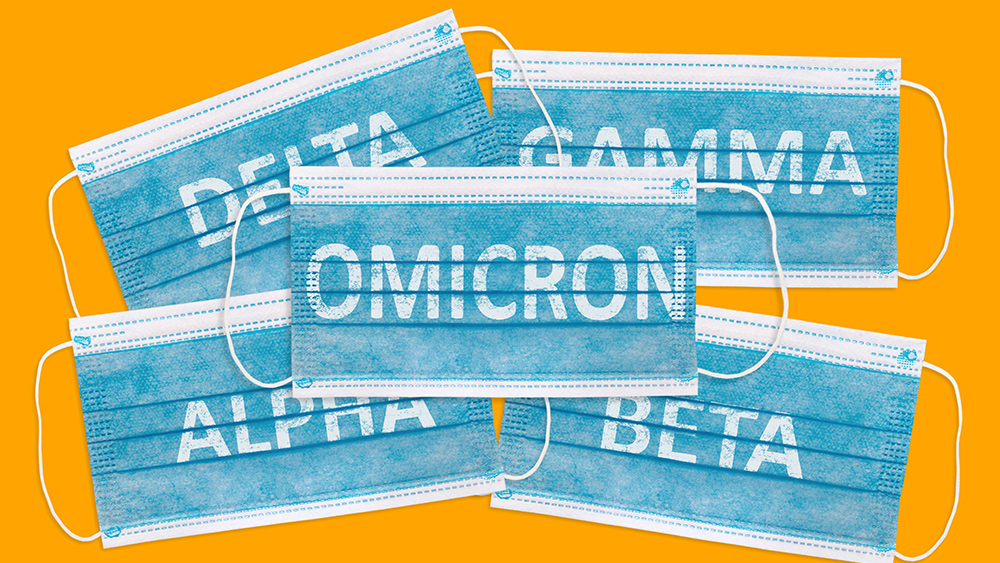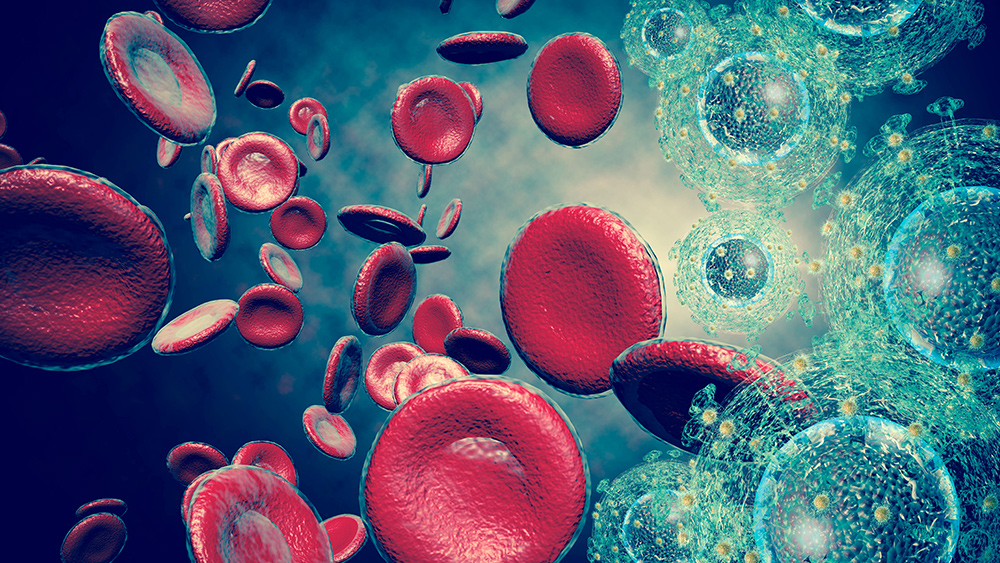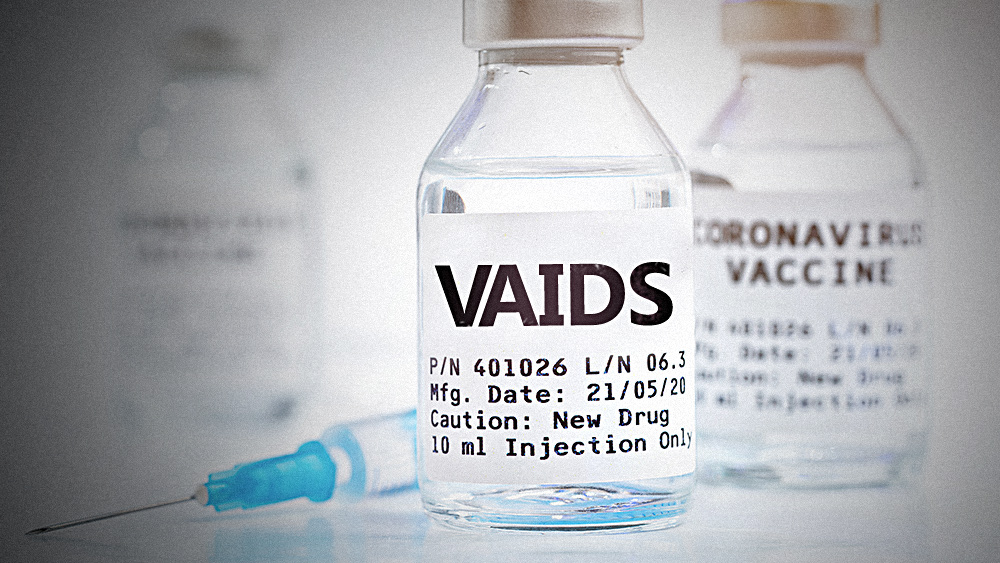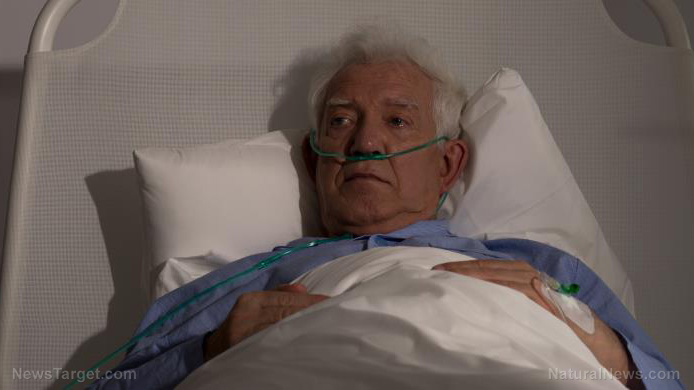Having a healthy, active lifestyle found to lower the risk of developing Alzheimer’s
01/19/2023 / By Olivia Cook
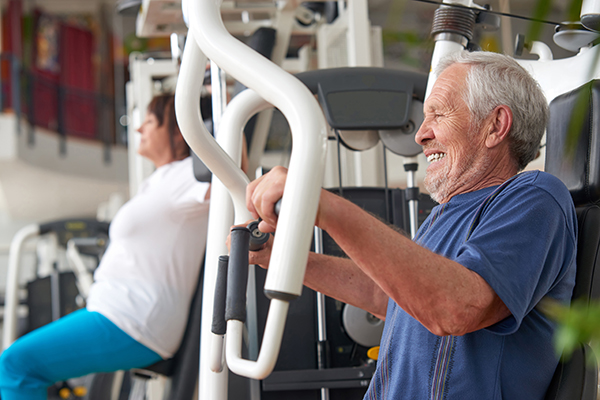
Alzheimer’s disease is the most common cause of dementia, accounting for 60-80 percent of cases where patients exhibit symptoms like a decline in memory, reasoning or other thinking skills. This was according to the Alzheimer’s Association in Chicago, Illinois, the largest nonprofit funder of Alzheimer’s research.
Because “Alzheimer’s disease” and “dementia” are often used interchangeably, the Alzheimer’s Association believes that learning the difference between these two terms can greatly empower individuals living with Alzheimer’s or another type of dementia, their families and their caregivers with the necessary knowledge. (Related: Health basics: The history and primary causes of Alzheimer’s disease.)
Three major long-term studies released in recent months cite activities that provide the most overall protection against dementia.
Engage in physical and mental activities
The first study published in the journal Neurology associated physical activity patterns (physical activity at leisure time, housework-related activity and transportation) and mental activity patterns (intelligence, social contact, such as frequent friend/family visits and use of electronic devices) with a reduced risk of multiple types of dementia, including Alzheimer’s.
To establish links between physical activity and the risk of developing the disease, researchers analyzed the health information of more than 500,000 dementia-free participants recruited in 2006-2010 from a British database called UK BioBank. The database included a risk profile of the participants based on whether they had genetic variants known to be associated with dementia or whether they had immediate family members with the condition.
Participants, who were mostly male with a mean age of 56 years at recruitment, were followed for 11 years (from one year after the recruitment date until the end of 2019), during which time 5,185 developed dementia.
The study found that the risk of developing dementia was reduced by 35 percent in participants who engaged in regular, vigorous activity, such as playing sports or working out. People who reported regularly completing household chores daily also experienced a significant benefit and had a 21 percent lower risk.
“It might be that if you work up quite a sweat if you do three hours of household chores, you are as good as if you did 30 minutes of aerobic exercise,” said neurologist Dr. Sandra Weintraub at Northwestern University’s School of Medicine, who was not associated with this study.
Engage in physical and mental activities regularly
The second study published in the same journal, Neurology, followed more than two million dementia-free participants from 38 studies for about three years to assess the effects of the major components of modifiable and healthy lifestyles (that are beneficial to cognition) on the incidence of all-cause dementia, Alzheimer’s disease and vascular dementia.
After performing the systematic review and meta-analysis of Cochrane, PubMed, Embase and Web of Science databases, researchers found that dementia prevention is not limited to one activity or even one type of activity, given the diversity of physical, mental and social activities that participants engaged in.
Additionally, participants who regularly engaged in activities, such as dancing, running, swimming, walking, participating in sports or working out at the gym, had a 17 percent lower risk of developing dementia compared with those who didn’t. The lower incidence of Alzheimer’s disease was significantly related to regular physical and mental activities and individuals who engaged in regular physical activity were correlated with a relatively low risk of developing vascular dementia, as well.
Engage in physical and mental activities regularly from a young age
The third study published in the Journal of Science and Medicine in Sport found that those with higher levels of fitness as children had higher levels of cognitive functioning in midlife – suggesting that establishing a lifelong habit of physical activity could be beneficial for brain health.
In 1985, participants aged 7-15 years from the Australian Childhood Determinants of Adult Health study were assessed for fitness (cardio-respiratory, muscular power, muscular endurance and waist-to-hip ratio) and then followed up between 2017 and 2019 (aged 39-50) for psychomotor speed-attention, learning-work memory and global cognition.
After assessing 1,244 participants, researchers associated combinations of poor cardio-respiratory fitness, muscular endurance and power with lower midlife psychomotor attention compared to those with the highest levels of fitness and lowest waist-to-hip ratio.
The Alzheimer’s Society in the United Kingdom noted that of all the lifestyle changes that have been studied, taking up regular physical activity appears to be one of the best things you can do to reduce your risk of developing dementia.
Remember that physical exercise does not just mean playing a sport, biking or cycling, jogging, running or doing aerobic exercises. It can be a daily activity like brisk walking, gardening, cleaning and doing other household chores that give you a great workout, such as cooking, washing the dishes, mopping and sweeping, scrubbing the bath, doing the laundry or cleaning the windows.
Start with what you love like dancing or simple seated exercises that can provide you with cardiovascular conditioning. It’s never too late to start.
Learn more about Alzheimer’s disease at Alzheimers.news.
Watch the following video to learn more about exercise and brain health.
This video is from the Wellness Forum Health channel on Brighteon.com.
More related stories:
Prevent Alzheimer’s disease with natural diet and lifestyle strategy.
The risk factors of Alzheimer’s disease.
Natural ways to prevent Alzheimer’s disease.
Sources include:
Submit a correction >>
Tagged Under:
aerobic exercises, aging secrets, Alzheimer's disease, anti-aging, brain health, cognition, dementia, exercise, fitness, health science, healthy lifestyle, leisure activities, mental activities, mental health, modifiable lifestyle, natural health, physical activity, prevention, research, social activities
This article may contain statements that reflect the opinion of the author







